A Match Made in Rotary
- "A Match Made in Rotary" originally appeared in the September 2024 "Education" issue of COMO Magazine.

The Rotary Youth Exchange gives students the opportunity to study abroad. It all begins with a little matchmaking.
Every year, about 10,000 high school students or recent graduates from roughly 100 countries embark on international journeys. For some, it will be the adventure of a lifetime. For others, it’s the beginning of an intrepid desire to see the world.
As Columbia students depart, international students arrive. They’re all immersing themselves in another culture, language, and way of life. It all begins with the spark of a good match in the Rotary Youth Exchange (RYE).
Pieces of a Puzzle
RYE adheres to U.S. Department of State student exchange rules. Students must be enrolled at an accredited school during their stay. Sponsors, in this case, local Rotary clubs, must be near the students during their exchange and maintain regular communication with students and host families.
RYE is about Rotary districts worldwide, the individual clubs that comprise them, and the members of those clubs, welcoming students and host families alike.
Columbia is part of District 6080 which encompasses fifty clubs with more than 3,000 members. The district RYE committee manages the exchanges with input from each club’s youth exchange officer and counselors. It collects local student applications and forwards them to its exchange partner districts around the world. The international districts accept applications, vet host families, and decide which students stay with which three families during their exchange.
“Each exchange student participating in a ten-month exchange through Rotary has three host families for the course of that time,” says Lindsay Dorr, a RYE officer and a member of the Columbia South Rotary Club. “There are several benefits to this rotation, including that the inbound students get to experience the lifestyle of multiple host families. It also alleviates the concern for some hosts with an assigned student rather than one selected by them.”
The number of students from the district outbound to another country doesn’t necessarily match the number coming into the district. For example, this year D6080 has nine outbound students and twelve inbound, because three clubs who don’t have outbound students are hosting inbound students.
It’s a little like putting together a puzzle. But what makes a good match, anyway?
It’s All About Dynamics
Kit Freudenberg, district youth exchange chair, said that matching the interests of the students with clubs who can fill them is key.
“We try to match students with Rotary clubs with the local schools and activities,” she said. “For example, if the student wants to try out for a swim team, we will look for a community team or school team for that placement. Many times, we match a student who needs language help with a club which has those contacts. Or perhaps a student wants a rural experience.”
There’s not one person behind the curtain, deciding who fits best where. The district RYE committee shares student interests with clubs who then might request to host specific students based on their interests.
Student preferences, of course, also play a huge role in the process. Case in point is Daniel Shedd, a 2024 graduate of Rock Bridge High School High School who left Columbia in August to experience a gap year exchange in Liège, Belgium.
“I selected Belgium because I have been studying French for many years, and I was looking for a country that would give me the opportunity to use the French that I have learned,” said Shedd. “I chose Belgium specifically because I felt like it was a country with lots to offer while still staying in the shadows of the more popular European countries like France, Germany, and Italy. Additionally, Belgium was one of the countries who accepted gap-year students like me. It was truly the perfect fit for me.”
Although he has already graduated, Shedd is now attending a local high school. He met his host families before he left Columbia and looks forward to traveling with them beyond the borders of Belgium. That’s adding even more exploration to Shedd’s exchange, which is something he’s looking forward to.
“A gap year through Rotary Youth Exchange was the perfect fit for me because I love traveling, learning, and living experiences that not everyone can,” he said. “For me specifically, it works well because I am not entirely confident in what way I want my future to go. I have many ideas and interests, but I am not sure what I want to do when I get older. I found it a good idea to take some time, broaden my mind, live different experiences, try new things, and use that time to think about and explore what I want to do when I return.”
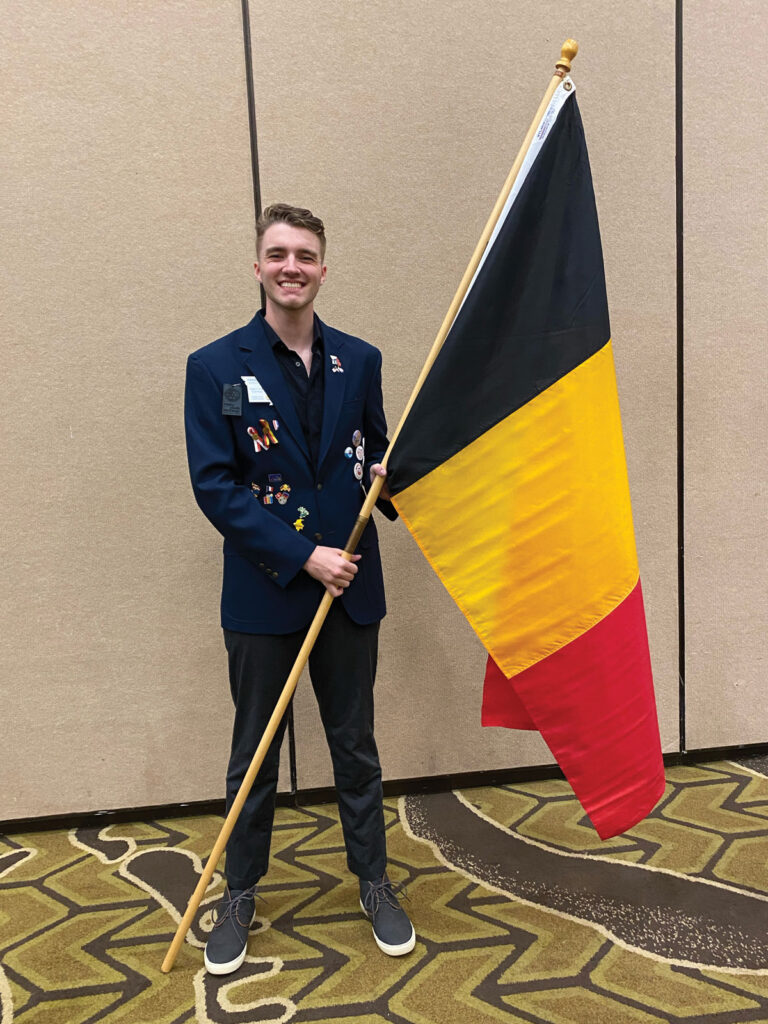
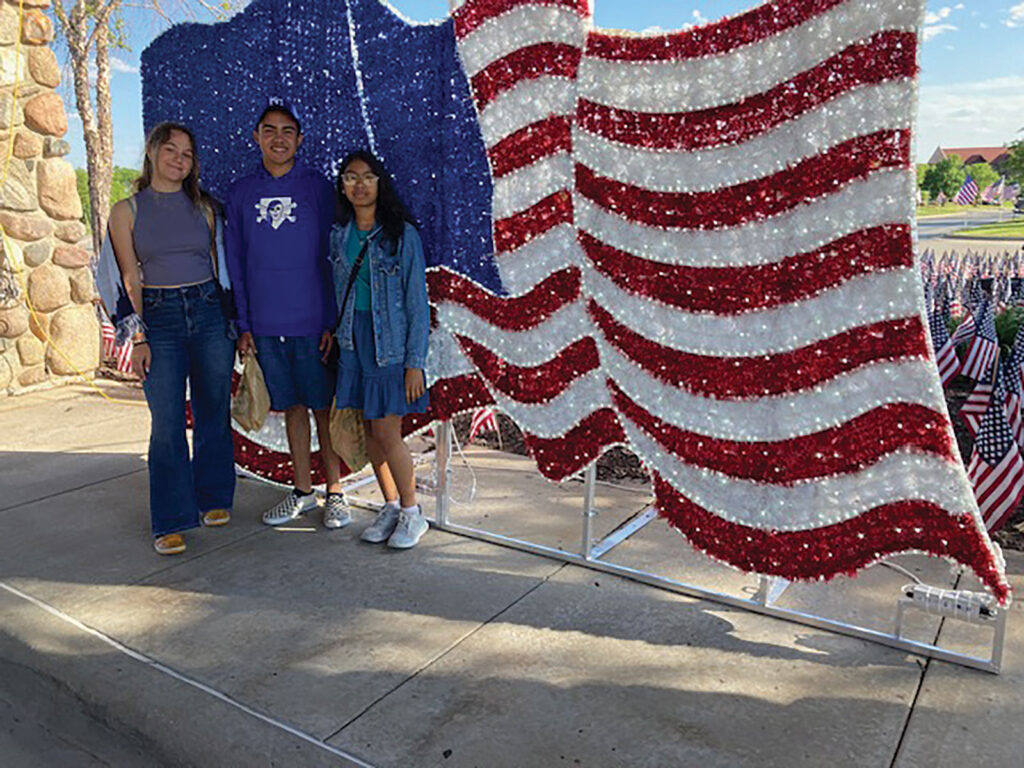
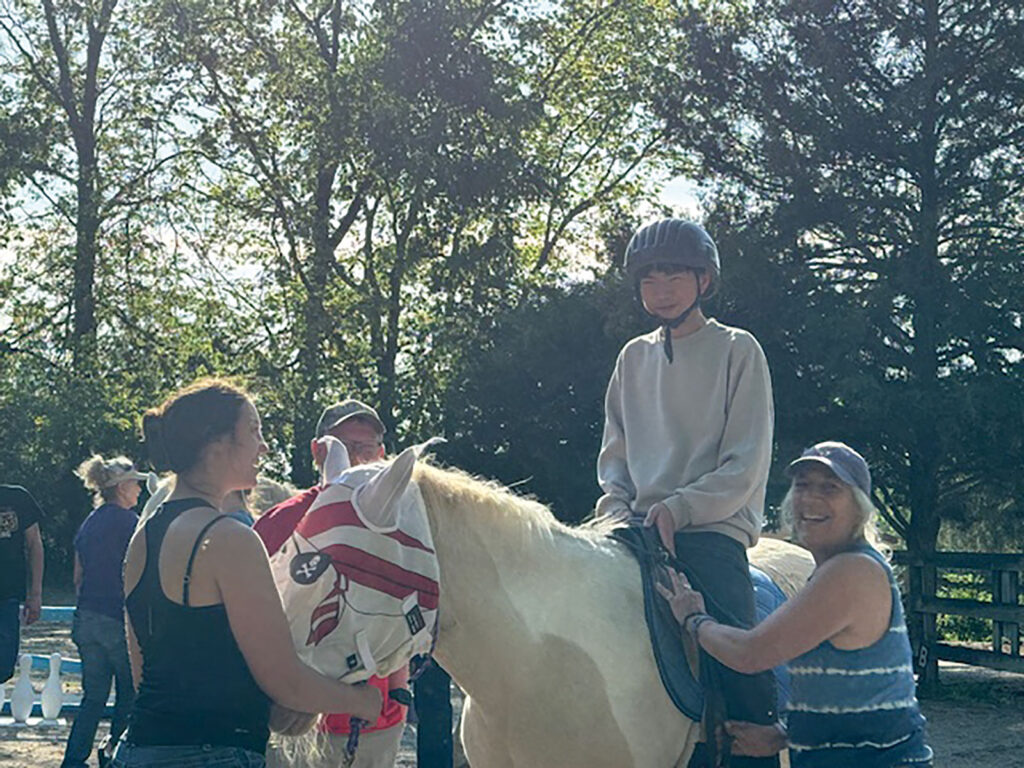
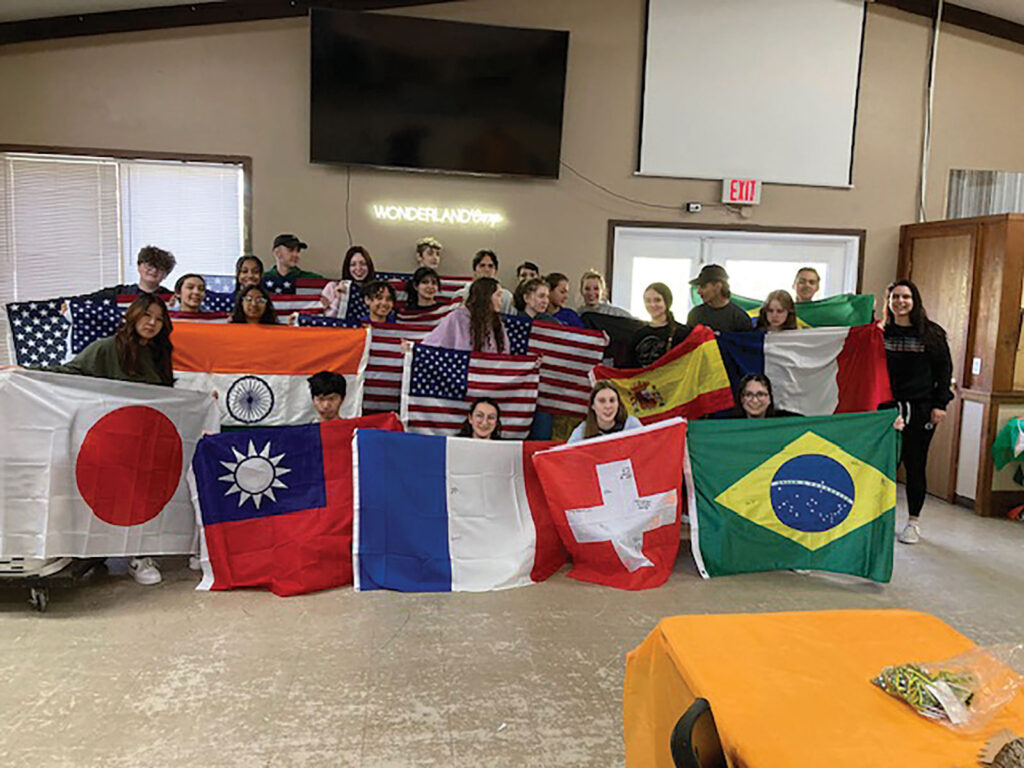
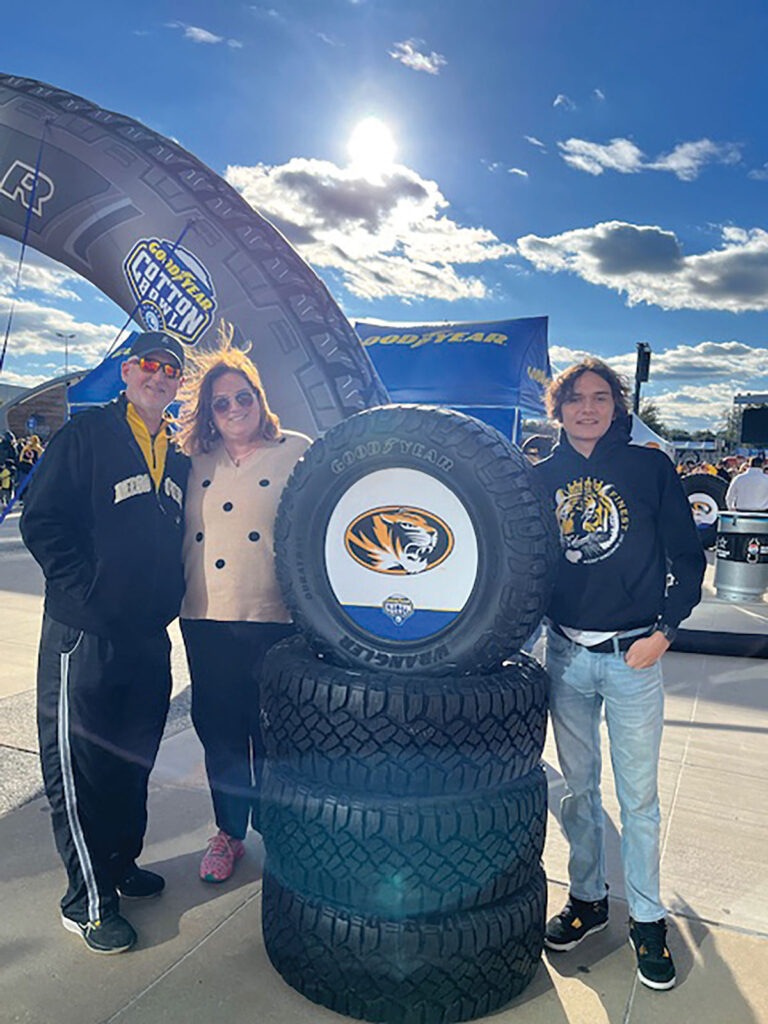
Host Families Wanted
Families willing to host inbound students are a critical part of the match. Families undergo background checks and vetting. Sometimes, the gender of inbound students can be an issue, for example, if students will need to share a bedroom with a member of the host family. Matches may depend on factors such as allergies. For example, a student allergic to pets won’t be placed with host families who have them.
Tom and Molly Froidl previously hosted students from Spain and Brazil, and have just welcomed another from Brazil into their home.
“We enjoy getting the know the students, showing them our city, and taking them on trips to help them see other parts of the country,” Molly Froidl said. “Each experience of hosting is different. It’s like any relationship. It takes commitment from all involved.”
She said challenges have come up when the students struggle to be actively involved in family and school life here because they are still engaged with their friends and family back home. It can be hard for them to find a balance or push through the homesickness, she explained.
But the Froidls say they’re never alone, and that RYE provides a support network.
If your family needs help getting the student to or from school sometimes, or to and from activities, there are people who can help with that,” Froidl says. “If the student is struggling with homesickness, there are RYE people who can help, like the inbound counselor or youth exchange officer.”
The Froidls met their students and their families virtually before they arrived and in person during their stay with other local host families. Moreover, they have a unique perspective on the student-host match. Their son, Drew, was a RYE student to Mexico during the 2022-23 school year. They had no input into which district he would be sent to or which families he would stay with while he was there. But they had faith in the program.
“It ended up being a fabulous experience for him, and he really enjoyed all three of his host families,” Froidl noted. “Each family was very different, and he has kept in touch with all of them since he returned home.”
Based on their experience and their son’s, the Froidls offer some sound advice:
“Treat the student as a family member right away. Be flexible and willing to be spontaneous. Don’t change how you do things but allow the student to opt into or out of things within reason. Encourage them to say ‘yes’ to new experiences. Help them meet people and get involved with activities.”


